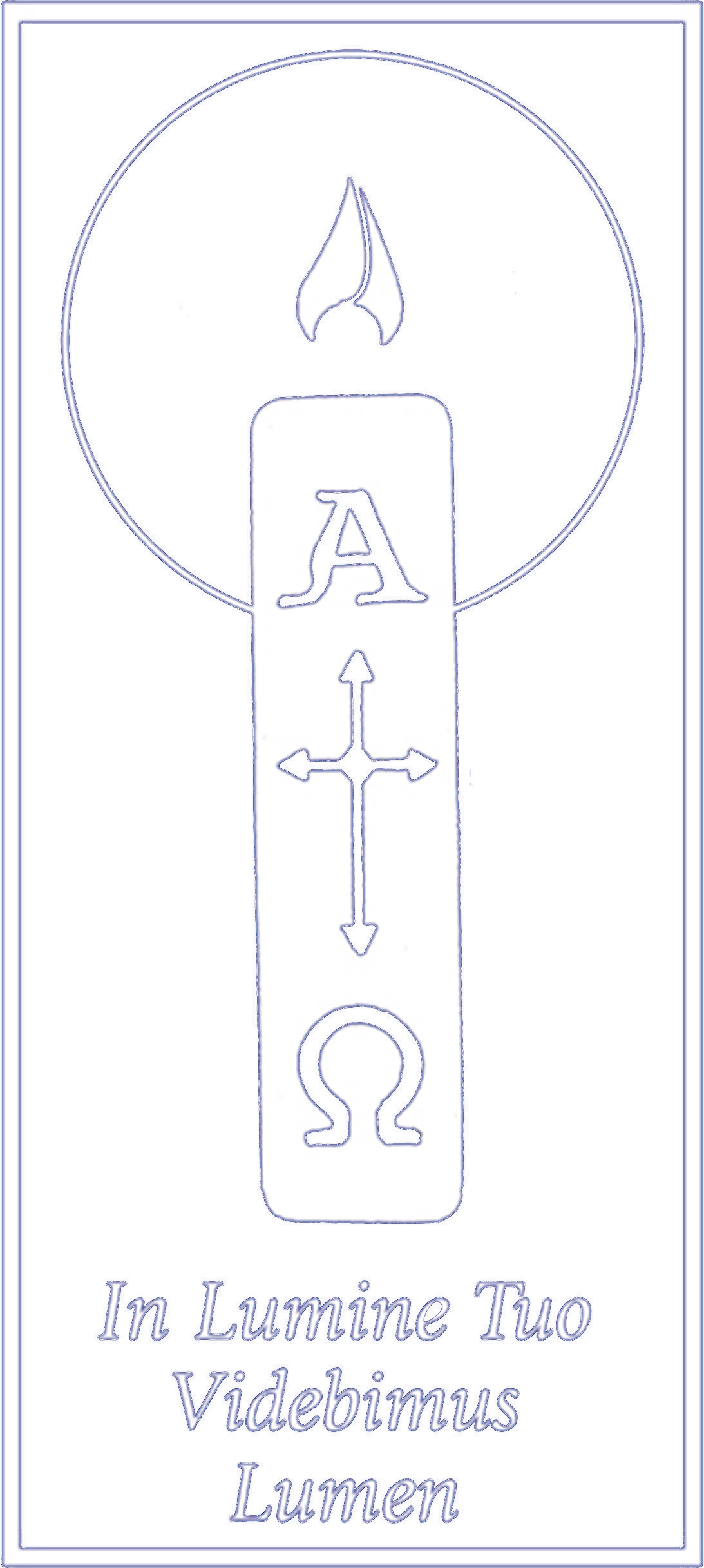WEBINAR: The Economic Costs of the Pandemic: Catholic Social Teaching and Economics in Dialogue

Cosponsored by America Media, CREDO, the Beatrice Institute, the Saint Benedict Institute, the Collegium Institute, the Nova Forum, and the Saint Paul's Catholic Center.
COVID-19 has put much of the world on standstill for the sake of reducing the risk to some of its citizens. What has been the cost of this in terms of economic recession, unemployment, human suffering, and even mortality? When the pandemic subsides, will government action be justified or will it have aggravated human suffering in an "economy that kills”? How do we measure or place values on the tradeoffs in terms of lives saved versus economic costs and human suffering? Join us for a dialogue between Economists Jesus Fernandez-Villaverde (Penn), Joseph Kaboski (Notre Dame) and Casey Mulligan (University of Chicago) on Economics, Catholic Social Thought, and the cost of the pandemic.





